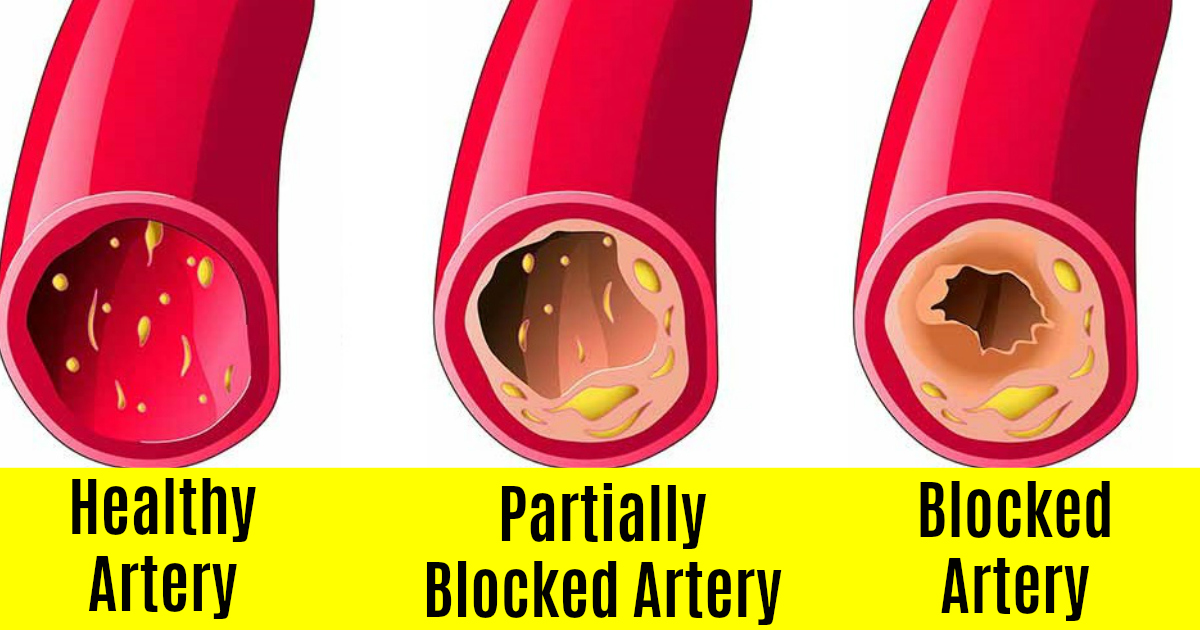Prevent cardiovascular disease with these 7 foods
by Melissa Smith
The arteries are an important component of the cardiovascular system. They carry oxygen-rich blood away from the heart to be distributed to the rest of the body, while the veins transport blood back to the heart. This mechanism ensures the proper functioning of many vital organs.
However, the arteries can become clogged and narrowed due to the buildup of plaque, resulting in a condition called atherosclerosis. Protect your arteries with the following foods that can help prevent and, in some cases, reverse atherosclerosis.
- B vitamin-rich foods – Consuming foods rich in B vitamins has many health benefits, including helping prevent heart disease and atherosclerosis. In a study published in the journal Atherosclerosis, researchers found that supplementing with vitamin B9 (folic acid), vitamin B6, and vitamin B12 for one year resulted in significant reductions in arterial thickness. Even consuming niacin or folic acid alone can produce this effect. You can get B vitamins from foods such as salmon, which is rich in riboflavin, niacin, and vitamins B6 and B12; leafy green vegetables, such as spinach, collard greens, turnip greens, and romaine lettuce, which are rich in folate; legume, such as black beans, edamame, chickpeas, and lentils, which provide folate, thiamine, riboflavin, niacin, pantothenic acid, and vitamin B6.
- Fermented cabbage – The Korean traditional dish called kimchi, which is made from fermented cabbage, hot pepper, and other ingredients, including fermented fish, has been shown to hinder the atherosclerotic process in animal studies. In addition, kimchi is rich in various strains of beneficial bacteria which can reduce the harmful effects of toxic chemicals in the body.
- Garlic – Garlic can help clean the arteries and lower the risk of heart disease, among its many other health benefits. Eating garlic, whether cooked or raw, can help prevent plaque buildup in the arteries.
- L-arginine-rich foods – L-arginine is an amino acid that can prevent arterial thickening by up to 24 percent. This amino acid produces nitric oxide, which widens and relaxes the arteries and blood vessels, leading to better blood flow. You can increase your L-arginine intake by adding these foods to your diet: nuts and seeds, particularly pumpkin, watermelon, and sesame seeds, walnuts, and pine nuts; meat such as chicken and turkey breast; legumes such as soybeans, raw peanuts, and chickpeas; and seaweed.
- Pomegranate – Pomegranate is a known superfood that offers many health benefits, including preventing plaque buildup in the arteries. According to a study in the journal Atherosclerosis, drinking pomegranate juice for a year can reduce arterial thickness by up to 30 percent. Pomegranate juice is also rich in antioxidants, which help prevent the heart disease-promoting effects of oxidative stress.
- Sesame seeds – Sesame seeds are one of the most underrated superfoods. Studies have shown that they exhibit significant cardioprotective effects. Consuming sesame seeds can help prevent the progression of atherosclerosis lesion formation, according to one animal study. Studies on humans also found that eating sesame seed paste can lower blood markers of cardiovascular disease. Moreover, sesame seeds can lower high cholesterol and high triglyceride levels. You can incorporate sesame seeds into your diet by adding them to your whole-grain bread and muffins, tossing them to your salads, and sprinkling them on your favorite dishes.
- Turmeric – Turmeric, one of the most powerful superfoods available, can help protect against atherosclerosis, among other impressive health benefits. This spice contains a polyphenol called curcumin, which is responsible for most of its health benefits. Studies have shown that curcumin can prevent damage to the arteries associated with blockage. The anti-inflammatory properties of turmeric can also help reduce damage to arterial walls, which can lead to the hardening of the arteries. (Natural News).



